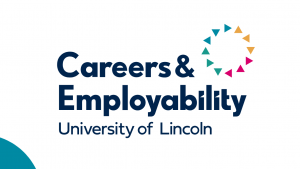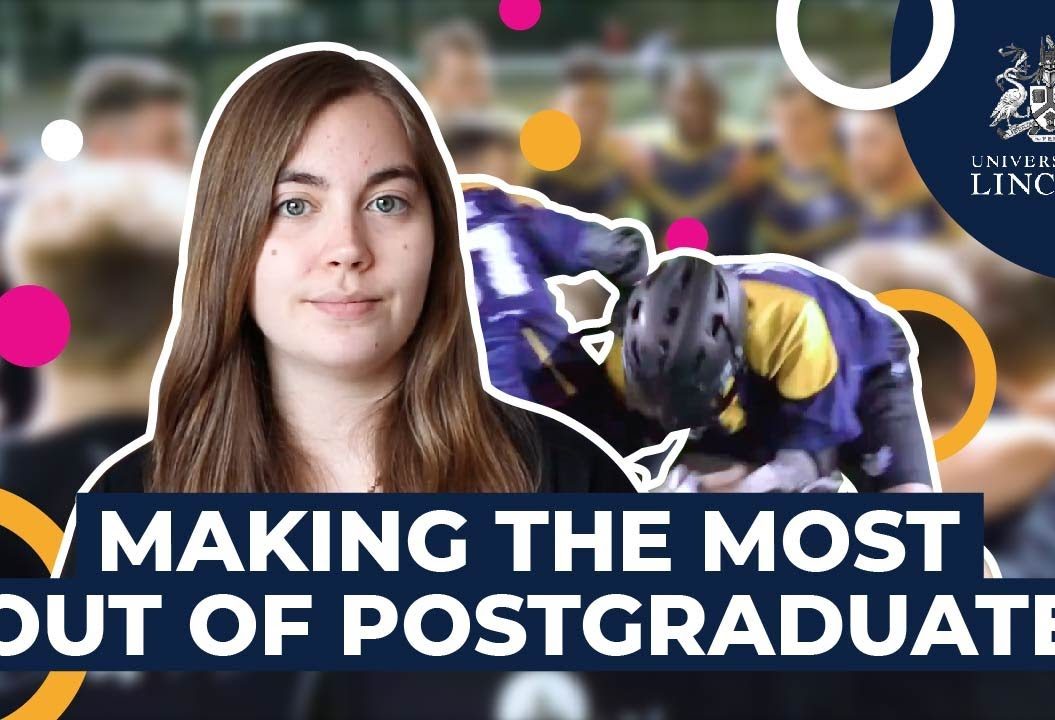Hello! I'm Alex, a third-year Journalism student with an interest in all things arts-related. Particularly, I am a massive fan of music, visual art and (just to mix things up a bit) football. I've always loved writing, and I'm hoping…

During the years you’ll spend studying, the idea of a work experience placement is likely to come up. But how important are they, and where do you go about looking for one?
On some courses, work experience placements are a necessary part of gaining your degree. In these instances, work placement modules will usually be added and specific requirements will need to be met. If that is the case, the tutor in charge of the module is your first port of call. They are the ones that can guide you best, and help you know what you need to do.
But work placement modules aren’t a part of every degree the University of Lincoln offers. Nevertheless, employers look for experience and these opportunities are where this knowledge comes from. So where is best to look? We went through some of the best places to start looking for opportunities.
Lincoln University Careers Service
The Careers Service at the university not only offers paid full-time and part-time work, but also sometimes lists internship and work experience opportunities. Even if there are none on there that interest you, it can be really helpful to chat with them about how best to write a CV (yes even for work experience, you’ll probably need one) or where to look in your specific field.
Internship Websites
For some subjects, you are able to find websites dedicated specifically to finding internships easily. They work in a similar way to career websites like Indeed or Reed, listing all of the opportunities available and what their requirements are. Usually, employers are looking for a CV, cover letter or portfolio, and some idea of when you are able to come in.
Careers Websites
While careers websites mostly deal in paid work, they do also sometimes list big work experience schemes or offers from well-known companies. It is certainly worth having a look every once in a while to see what you can find. Just like websites only listing internships, opportunities on these sites are likely to include the job’s requirements and any other relevant information, just like if they were offering a traditional job.
Company Websites
The value of going directly to companies you want to work for cannot be understated. Make sure you check out their websites first, as some may specifically say they aren’t offering work experience. But if they don’t, there is no harm in emailing the relevant person (or better yet, phoning them). This is a trial and error process, one that can be frustrating a lot of the time, but going the extra mile to contact companies directly can sometimes make the difference.
A LinkedIn profile is essential when job hunting, that much is quite clear. But it can also really make the difference when trying to find internship or work experiences places. Some companies list opportunities on the website, others require you to send them a link to your profile to prove your commitment. Many companies also use LinkedIn to check that the person contacting them is a good fit (even if you’re only looking for a week of experience).
So, that is just a few great first options when looking for work experience. If you have any tips, or pearls of wisdom from your own work placement journey, make sure you comment them below!
This article is featured on Learning at Lincoln.
Please note: This content was created prior to Coronavirus, and some things might be different due to current laws and restrictions. Please refer to the University of Lincoln for the latest information.






